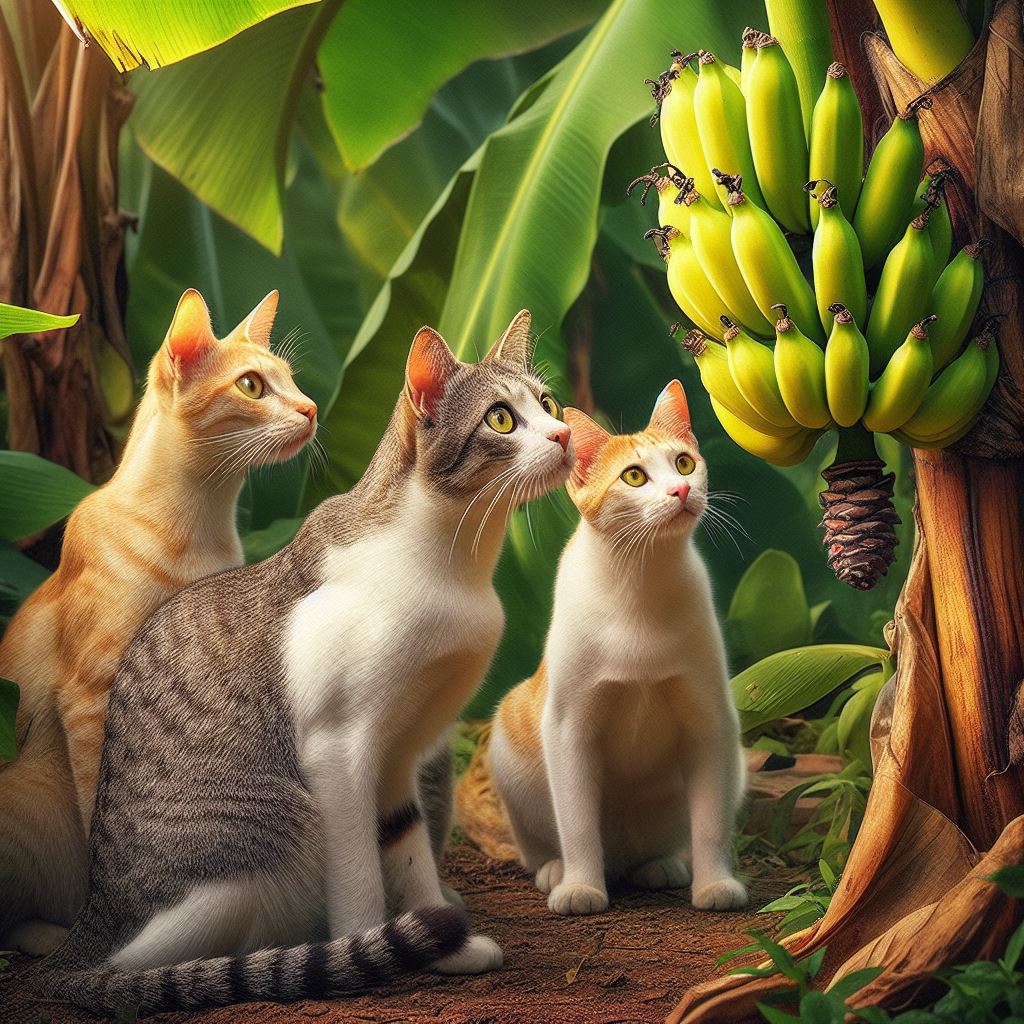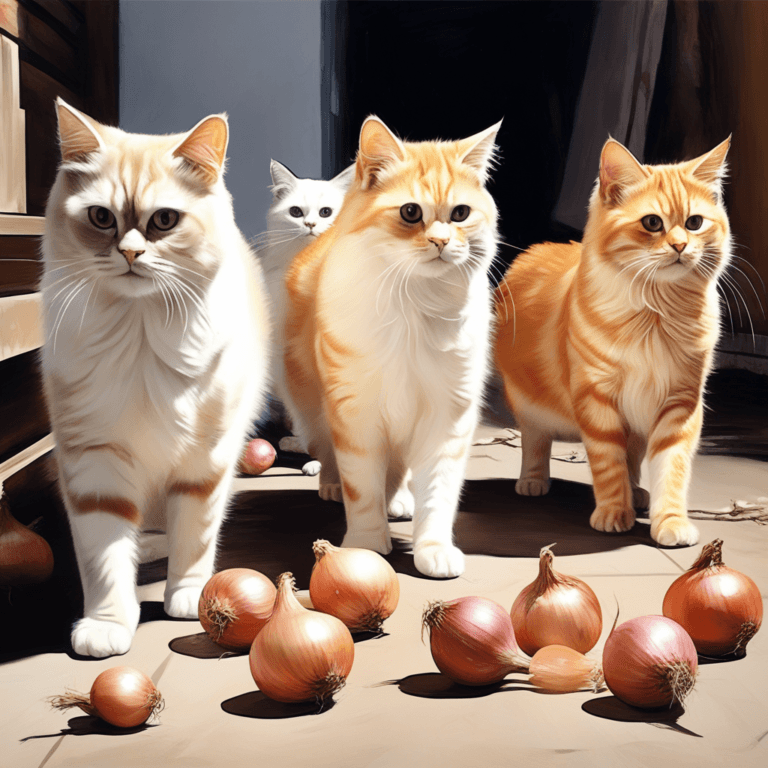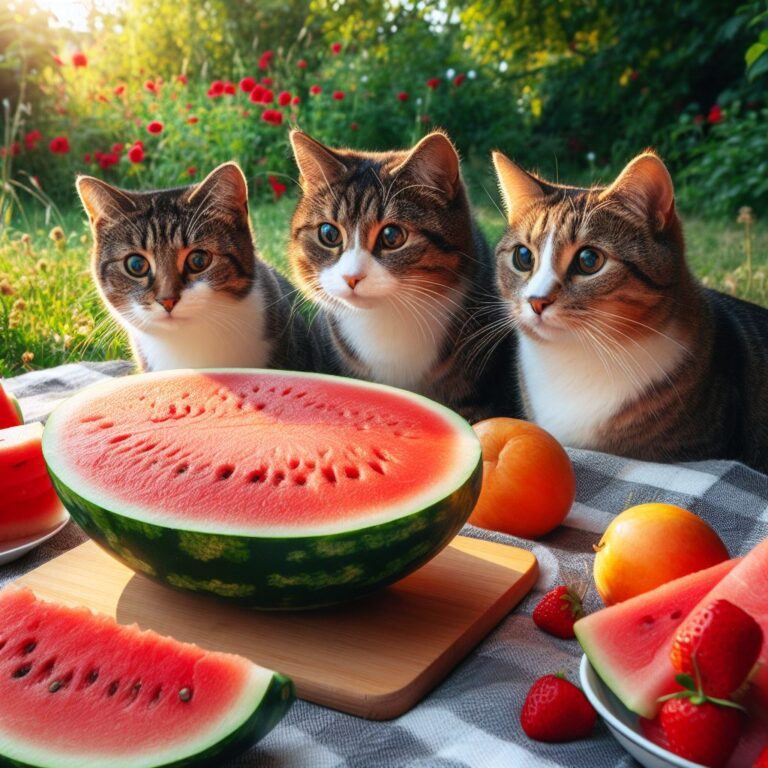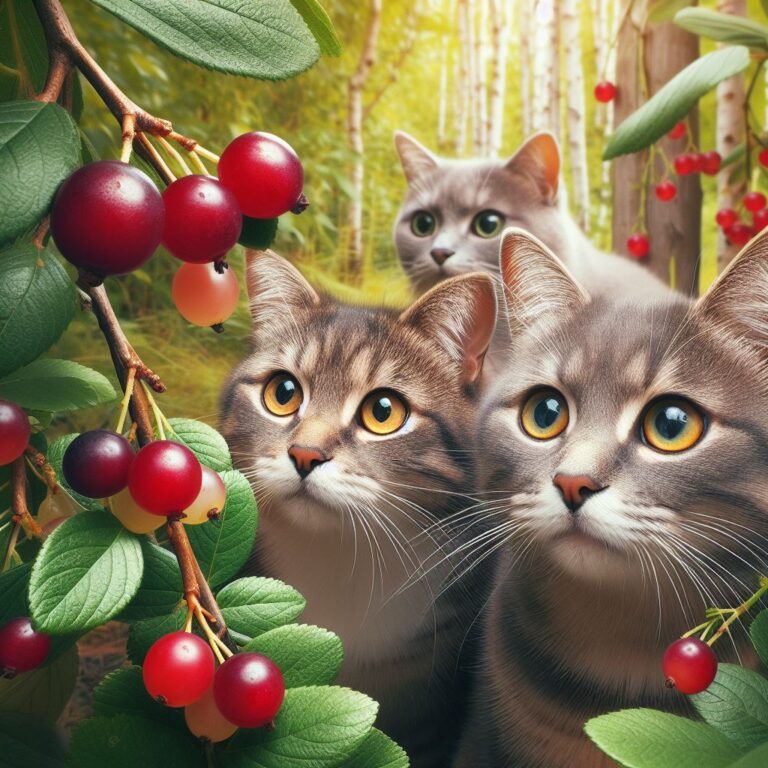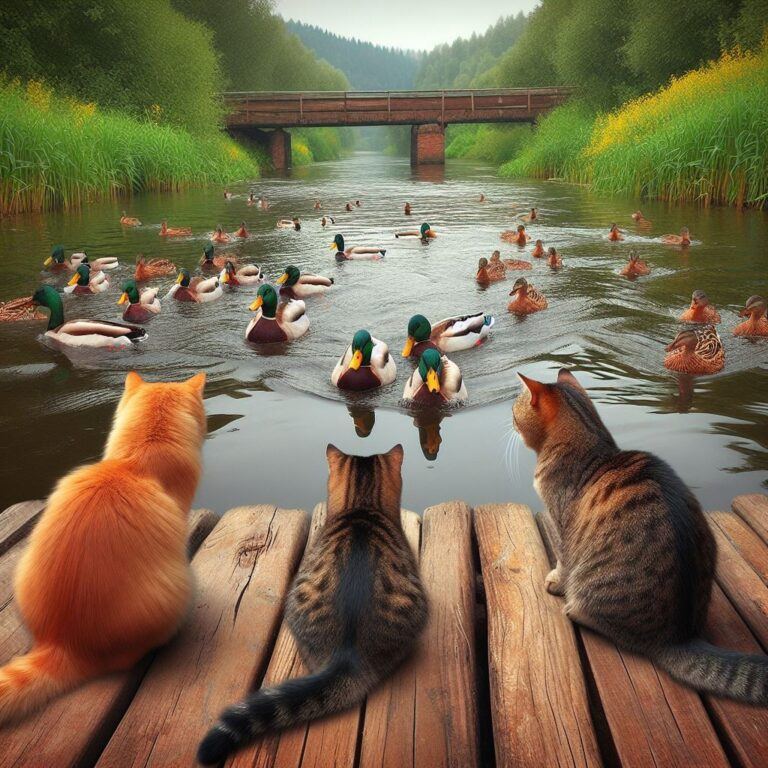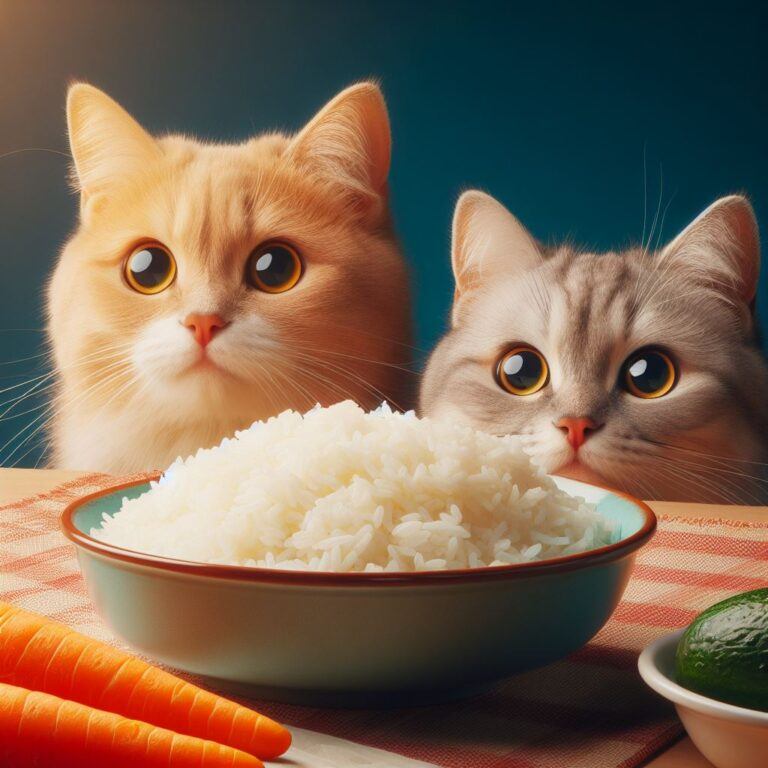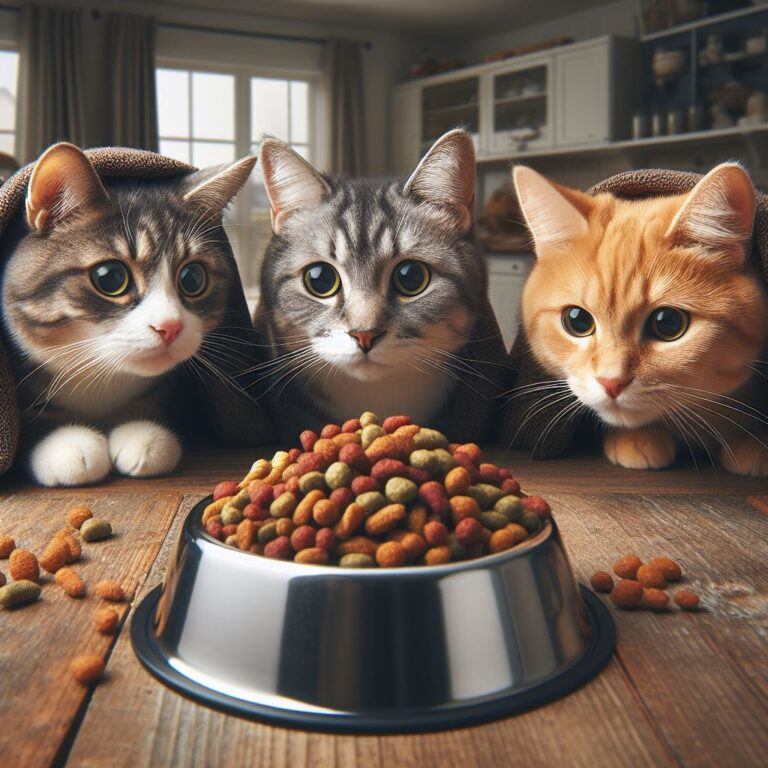Can Cats Safely Eat Bananas
Cats can indeed enjoy bananas in MODERATION as a treat. While bananas aren’t toxic to cats, they aren’t necessary for a feline diet and should only be a small part of it.
Understanding feline nutrition is crucial. Cats are obligate carnivores, meaning their bodies are finely tuned to digest and use nutrients from animal-based proteins. Unlike humans, who can thrive on a variety of food sources, cats have specific dietary requirements.
Given the significant differences between a cat’s digestive system and ours, offering a banana should be done sensibly.
Packed with fiber, potassium, and vitamin B6, bananas can offer cats some nutritional benefits, but they can’t replace the essential nutrients found in meat such as cooked beef or turkey.
Since cats can have unique responses to different foods, keep an eye out for signs of an allergic reaction. It’s pretty rare, but if you notice any itching, swelling, or digestive upset after offering a banana, it’s best to avoid this fruit in the future and consult your vet.
How To Safely Share Bananas With Your Feline Friend
Cats are creatures of habit, and even a small dietary change can make a big ripple. But, occasionally, we’re tempted to share a bite of our banana. If we’re moving forward with this, we’ve got to do it safely.
When it comes to portion size, LESS IS MORE. Think of a banana slice as a rare treat, not a frequent snack. Start with a tiny piece, no larger than your fingertip, to ensure that your cat’s stomach settles well with it.
New food introductions should be slow and monitored. Watch your cat closely after offering banana. If they show any sign of digestive discomfort, it’s a clear signal to stop.
Before giving banana to your cat, make sure it’s ripe and mash it slightly. This makes it easier for them to eat and digest. Avoid banana peel; it’s tough and can cause blockages.
I’d also suggest exploring other treats formulated especially for cats, which are better suited to their dietary needs. Sometimes the best treats are the simplest, like a bit of cooked chicken.
Your vet should be your go-to before adding anything new to your cat’s diet, especially if your cat has health issues. They’ll provide personalized advice based on your cat’s specific needs.
Understanding the ‘Why’ Behind Cats and Bananas
To truly appreciate why cats can have bananas, it’s essential to consider their nutritional landscape. Cats are obligate carnivores; their diets should primarily consist of proteins. While bananas are not harmful in small amounts, they don’t supply the necessary nutrients cats require.
Yet, there’s more to food than just nutrition – bonding and enjoyment are factors too. An occasional banana slice can be a novel experience for your furry companion, and sharing this moment strengthens your relationship.
Nevertheless, caution is warranted. Excessive banana consumption can lead to gastrointestinal issues or contribute to obesity. The natural sugars in bananas, while fine for humans, aren’t meant for feline digestive systems to process in large quantities.
Anecdotes from cat owners might suggest some cats adore bananas, but each cat reacts differently. What delights one might upset another. This is where vets come in. Veterinary guidance ensures you’re making the best dietary choices for your cat’s unique needs.

